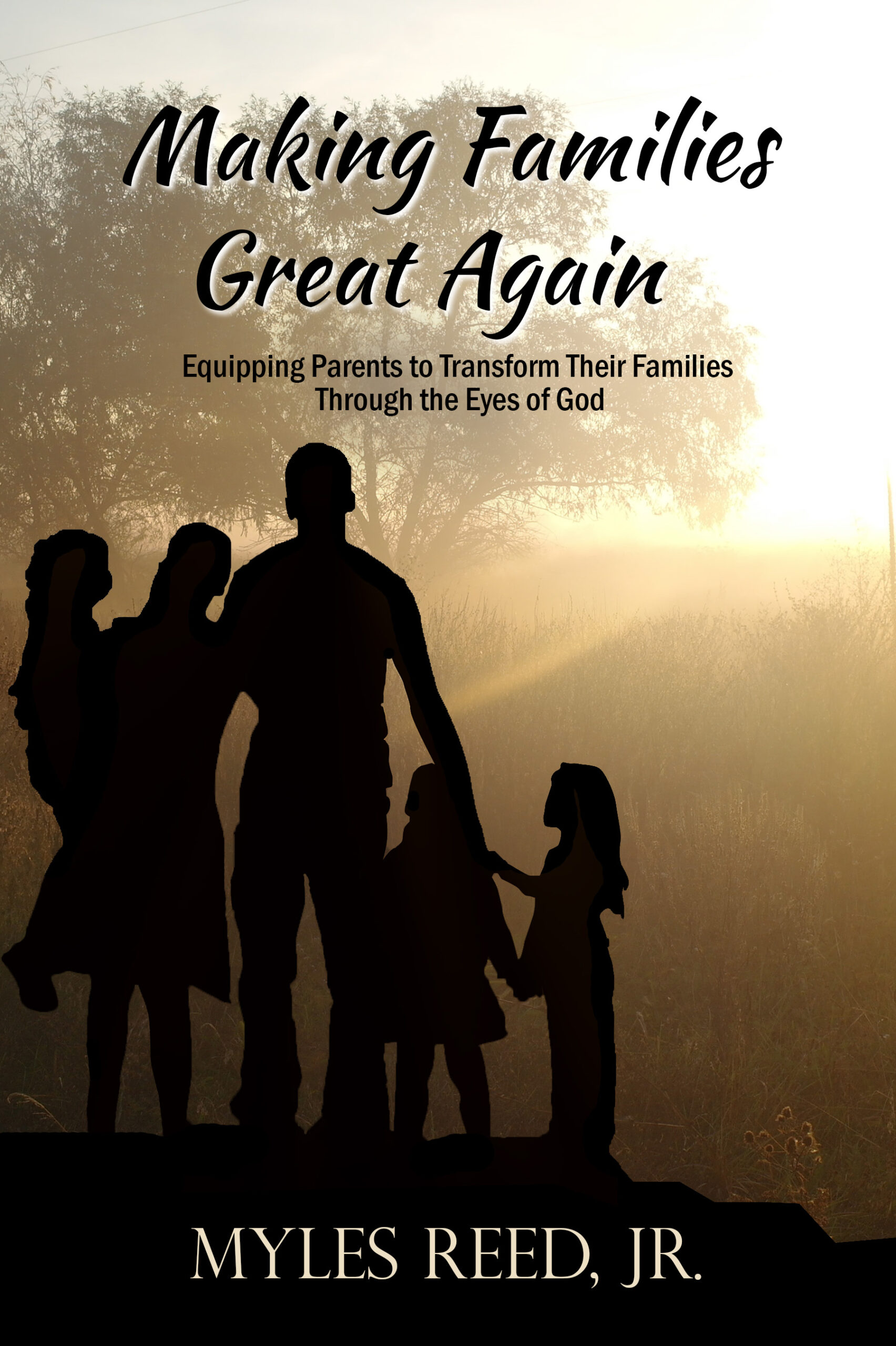
At a national conference one year, Jack pitched his book to a long-standing acquisitions editor for a major publisher.
“This is interesting,” the editor said, wanting Jack to send him a complete proposal. “I come to these conferences all the time, and I never see anything interesting.”
Jack had heard other editors and agents express their frustration with conferences, how they rarely saw something worth publishing, so he had hope for his proposal.
Since traditional publishers buy less than 1 percent of book proposals, simple math said Jack’s work would have to be better than 99 percent of the submissions. Knowing those odds, he wasn’t discouraged when his proposal didn’t sell. After all, he was in good company among 99 percent of writers.
Where did Jack rank among the 99 percent? He wished he could know. If he was at 50 percent, just average, then he could easily find ways to write better. But if he was in the top 10 percent—good, but still not good enough. He had to find the little things that would build on his writing strengths and improve his weaknesses.
One day, after completing an article, he clicked “Save” and watched with horror as a blue screen appeared, his manuscript trashed. He groaned and wanted to cry, knowing he’d never duplicate his last four hours of masterful thought. Still with a deadline to meet, he started over. To his amazement, the new manuscript took less time and was even better.
Jack’s tragedy became a triumph when he realized that experience was his best teacher. He could keep learning, no matter where he was on the excellence scale. Having written once, he had all he needed to write something even better.




 Character is a critical key to becoming a person of quality, and it starts in the home!
Character is a critical key to becoming a person of quality, and it starts in the home!